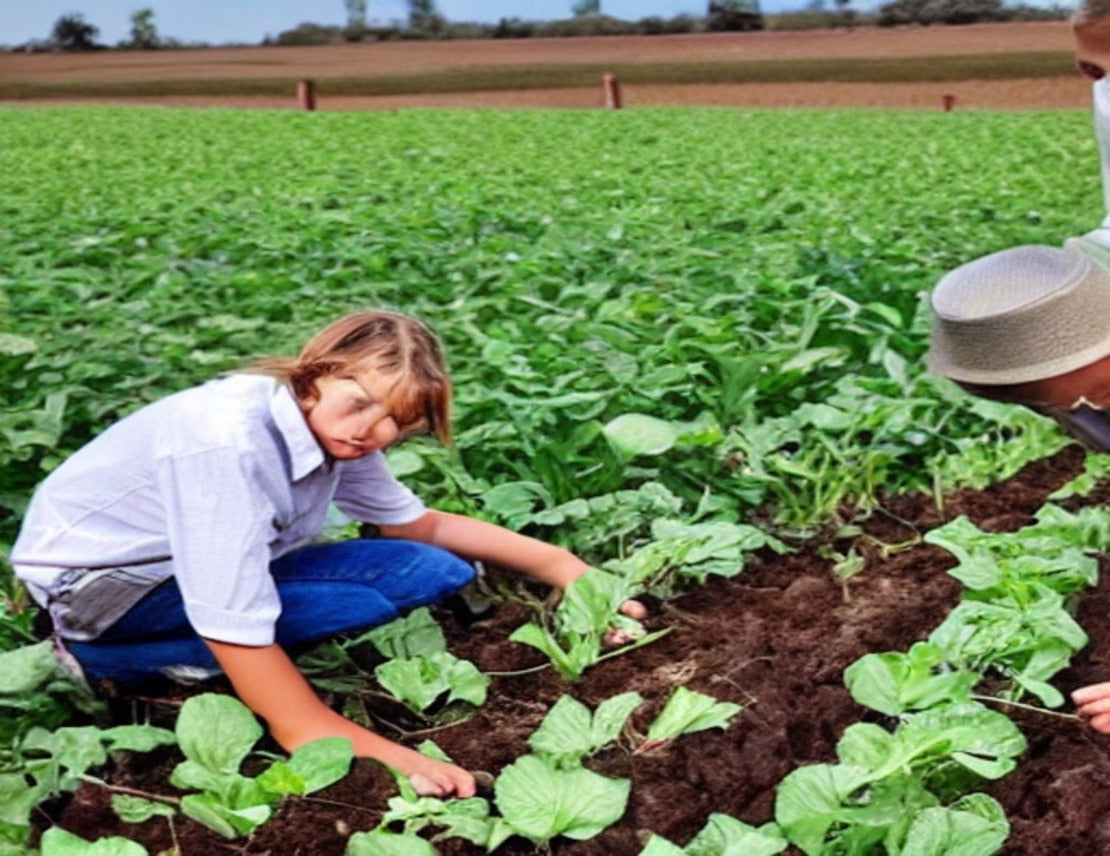The world's food security depends on the hands that nurture the land. As the current generation of farmers ages, the need for a skilled and passionate next generation becomes increasingly critical. This is where agricultural education steps in, playing a crucial role in empowering young minds to become the future of our food systems.
Challenges:
The challenges facing agriculture in the 21st century are daunting. From the impacts of climate change to the strain of a growing global population and resource scarcity, the need for innovative thinking and sustainable practices has never been greater. Agricultural education emerges as the key to preparing the next generation to tackle these challenges head-on.
The Power of Agricultural Education:
Scientific Understanding:
Agricultural education provides students with a deep scientific understanding of plant and animal biology, soil health, and cutting-edge agricultural technology. This knowledge equips them to make informed decisions and implement sustainable practices on the farm.
Business and Financial Management:
Running a successful farm requires more than just agricultural know-how. Agricultural education instills vital business and financial management skills, empowering young farmers to navigate economic challenges and ensure the viability of their operations.
Problem-Solving and Critical Thinking:
The dynamic nature of agriculture demands problem-solving and critical thinking skills. Agricultural education fosters these abilities, preparing the next generation to navigate complex challenges such as pest management, crop diseases, and market fluctuations.
Entrepreneurial Mindset:
Agricultural education nurtures an entrepreneurial mindset, encouraging students to explore new opportunities and value addition in the agricultural sector. This mindset is essential for creating innovative and sustainable solutions to address the evolving needs of the industry.
Spotlight Inspiring Examples:
Meet Emma Turner: Emma Turner, a graduate of an agricultural education program, transformed her family's struggling farm into a model of sustainable agriculture. By implementing precision farming techniques and diversifying crops, Emma increased both productivity and environmental sustainability.
John Nguyen: John Nguyen, inspired by his agricultural education, founded an ag-tech startup that uses artificial intelligence to optimize irrigation schedules. His innovation not only conserves water but also increases crop yields, showcasing the transformative potential of combining technology with agricultural expertise.
Make it Accessible and Engaging:
To make the complex world of agriculture accessible and engaging, this blog employs clear and concise language. Infographics, charts, and short videos are strategically incorporated to break up text and enhance understanding. Additional resources and links to organizations promoting agricultural education are provided for readers interested in further exploration.
Empowering the next generation of farmers is a collective responsibility. Readers are urged to get involved in supporting agricultural education by volunteering, advocating for funding, or simply spreading awareness about its importance. The call to action emphasizes that investing in agricultural education is an investment in a brighter and more sustainable future for all.
Empowering Young People
Investing in agricultural education is not just about securing food for the future; it's about empowering young people to become stewards of our environment, innovators in the food system, and leaders in building a more sustainable and equitable world. By nurturing the next generation of farmers, we cultivate a brighter future for all.




